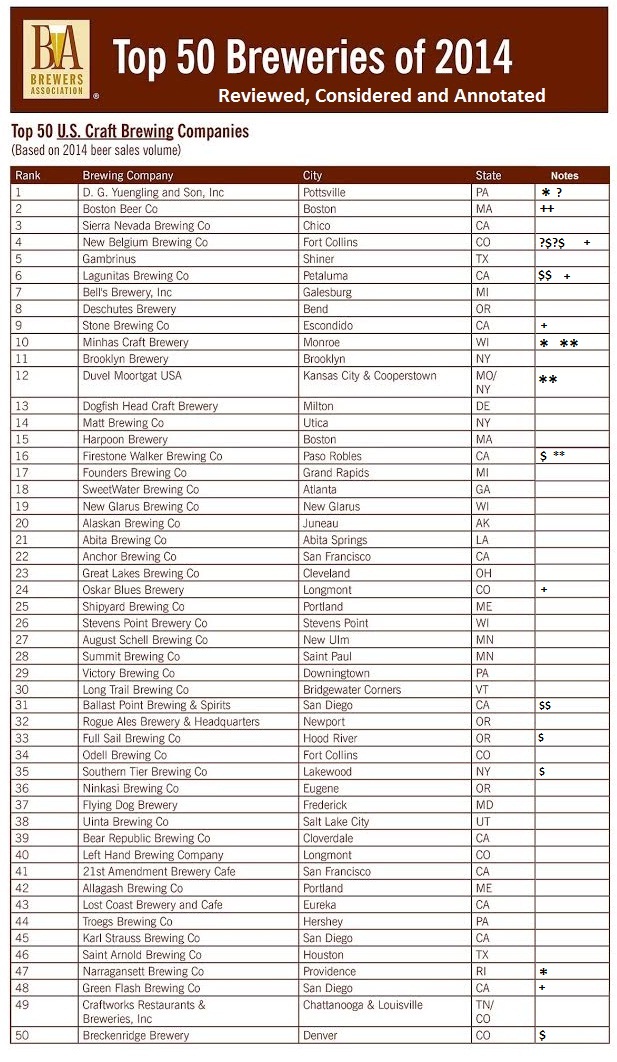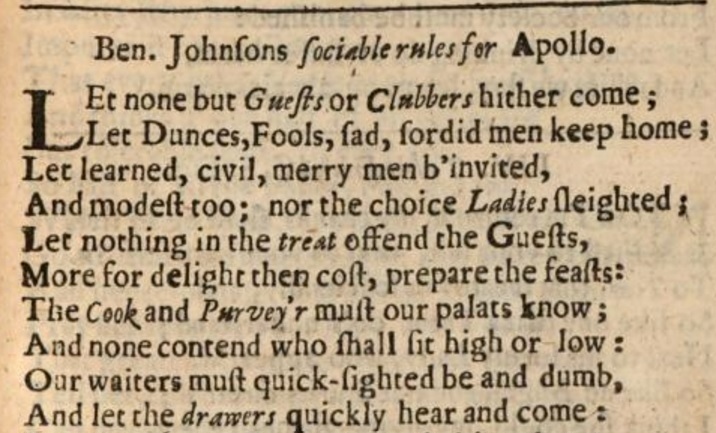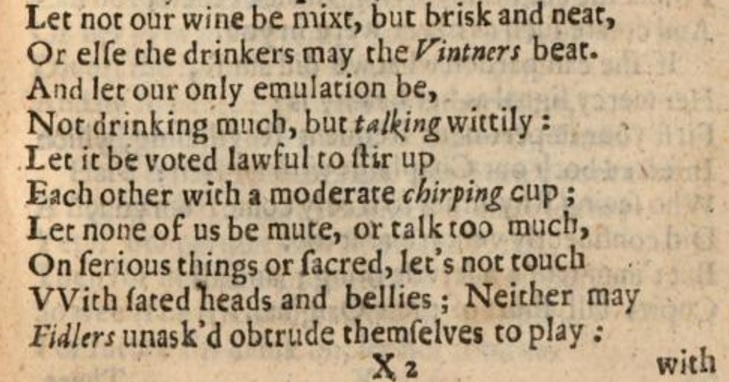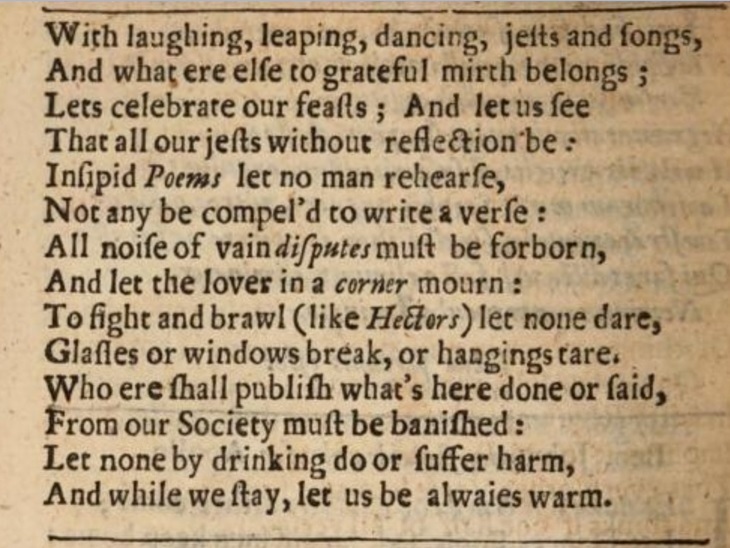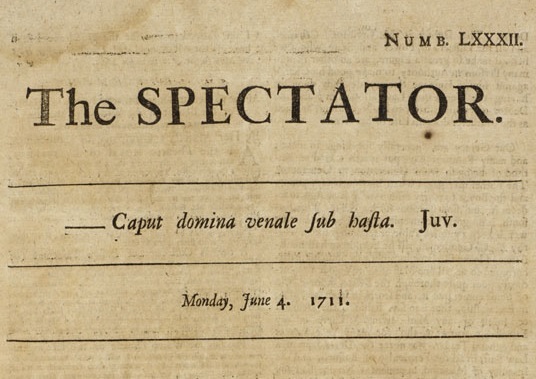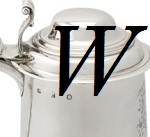 e are half a decade into… the decade. The twenty-tens. Time to reflect and to reflect on a longer time span than the annual keek. Have their been arcs to trace? Have past achievements been already lost? That’s what the Platinum Pint awards are for. To think about what we have received to this point and where we stand as a result.
e are half a decade into… the decade. The twenty-tens. Time to reflect and to reflect on a longer time span than the annual keek. Have their been arcs to trace? Have past achievements been already lost? That’s what the Platinum Pint awards are for. To think about what we have received to this point and where we stand as a result.
As I might have foreshadowed, the winner of the award for the best writer of books 2010-15 is Pete Brown. During that span, his three books Hops and Glory, Shakespeare’s Local and World’s Best Ciders: Taste, Tradition, and Terroir have stood as the standard for inventive, daring, interesting and well-written drinks related texts. They also represent an era which may well be over. This past year was dry. We have to be honest. It was such a dip in beer book diversity that when I mentioned this, Stan tweeted about a book about making home brew very quickly. I love Stan’s sense of humour.
Pete entered the decade riding a high. His third book Hops and Glory had been out for half a year. In December 2009, he won the British Guild of Beer Writers’ Award for Best Writer 2009. I had my eye on Pete. I reviewed his first book Man walks into a Pub in 2003 when most beer communicators were still in elementary school. I interviewed him in 2006 when his followup Three Sheets to the Wind came out. They were good but gave a sense that there was more to come that was better. One thing they did establish was that an insider could write as an insider and also that one could travel the world exploring beer without being a junket parrot. Better still, his books were being published by a proper generalist publisher, Macmillan.
When Hops and Glory came out, I was blown away. I reviewed it over a number of posts. What immediately struck me was the daring. The guy was actually doing something, exploring. And he was doing it in a pretty weird way. His plan was to take a cask of IPA from Britain to India by ship to retrace the origins of the beer. Fabulous. And he failed. Or at least the cask did (spoilers… literally… and I suppose too late for me to mention… oh, well…) But by not actually achieving the physical outcome he imagined he rightly claimed a greater good. He describes the British Empire, shipping routes and shipping methods as well as Georgian culture. He took beer, lifted above itself as subject matter, then drew us a picture of how the beer fits into its own broader history while illustrating the foibles of human existence – and did so effectively as I described:
Anyway, the point is that for 237 to 306, Brown takes us into his internal experience – into the doldrums of the sailing ship and then into the small heart of darkness that is the international shipping trade today – by seemingly forgetting to slip back into the history. It’s a good technique. It weighs a bit, wears a bit. But it still takes us along as if to say “it’s alright, Al, no need for you to ever go on a container ship from Brazil to India all alone for five weeks… I’ve done it… don’t bother.” Thanks Pete. I won’t. It’s off my to do list.
The book set the standard for those that followed. Beer books now needed to be filled with humour, invention and place the theme in context. His next book Shakespeare’s Local ran with all that while staying in one spot – the George Inn of Southwark. With a history going back hundreds of years farther back than India Pale Ale, the opportunity was ripe. He dove deeper again into his topic. I pointed out that the history was detailed, that it would be useful to know who Simon de Montfort was and maybe why Englishmen became more mobile in the 1400s bolstering inns like the George. The fact was we were being presented with beer as a subject worth something other than an introductory nod. I found this inspiring. I had dreams of much the same for the research Craig and I were undertaking with the Albany Ale Project even if not necessarily is the same medium. Pete’s books inspired the idea that there was more to know and more to discuss. I was left with the desire for more at the end of Shakespeare’s Local. More illustrations, a greater library of such histories. In response, I’ve published two histories chasing his example and, since then, have undertaken much more research that I intend to continue in the years to come. The past is, after all, good beer’s future.
The very next year, Pete came out with a new book and took a 90 degree turn with World’s Best Cider. Well, not really a turn as he announced in 2010 that cider and perry were officially on his radar. But when he published this book, he did a very interesting thing – he killed off all hope that anyone would write another as well. It is such a complete text for the first comprehensive global guide that none would be needed until the industry grew to a next level. And that opportunity appears to be off the cards given that the mass market for cider has, to put it kindly, leveled off. Again, I found the effect was somewhat shocking:
The next thing I thought was “oh, my… cider porn.” Never encountered cider porn before but, then again, never met an atlas of cider before either. Which is what this is. Think of all those beer books with the same “what beer is section,” the longer “all sorts of beer section categorized one way or another section” and the “food and beer” section. Then take away the beer, cut the food section and add fermented apple juice. That is what this is. Except… there isn’t another. Is there?
There isn’t. As Jeff uniquely and entirely graciously acknowledged yesterday. And there hasn’t been a set of three books by one author in good beer that have touched these three not only in the decade but, as far as I am concerned, in my experience. Not that they are comprehensive. That is the point. Each in their own way take a small part of the whole and drill down excellently. As a set, they illustrate how wonderfully drinks writing sits in the broader cultural context. These books gave us the impression that like good beer was on a roll.
It was not to be. The downside of the example these books of Pete Brown set is that, sadly, publishers have decided there is no market for such books and, if we are honest, sales likely drive that opinion. So we are left with the lower orders of the publishable and sales worthy, the style guides and pairing companions. Good for the authors, one supposes. But hardly something to look forward to repeating in the years to come. And Pete is self-publishing his next, his seventh book, What Are You Drinking? That is where we are mid-decade.
There you have it. The first Platinum Pints 2010-15 announced goes to Pete Brown as Best Beer Book Writer of the half decade. Next? Who knows. Maybe best experience. Whatever that means.




